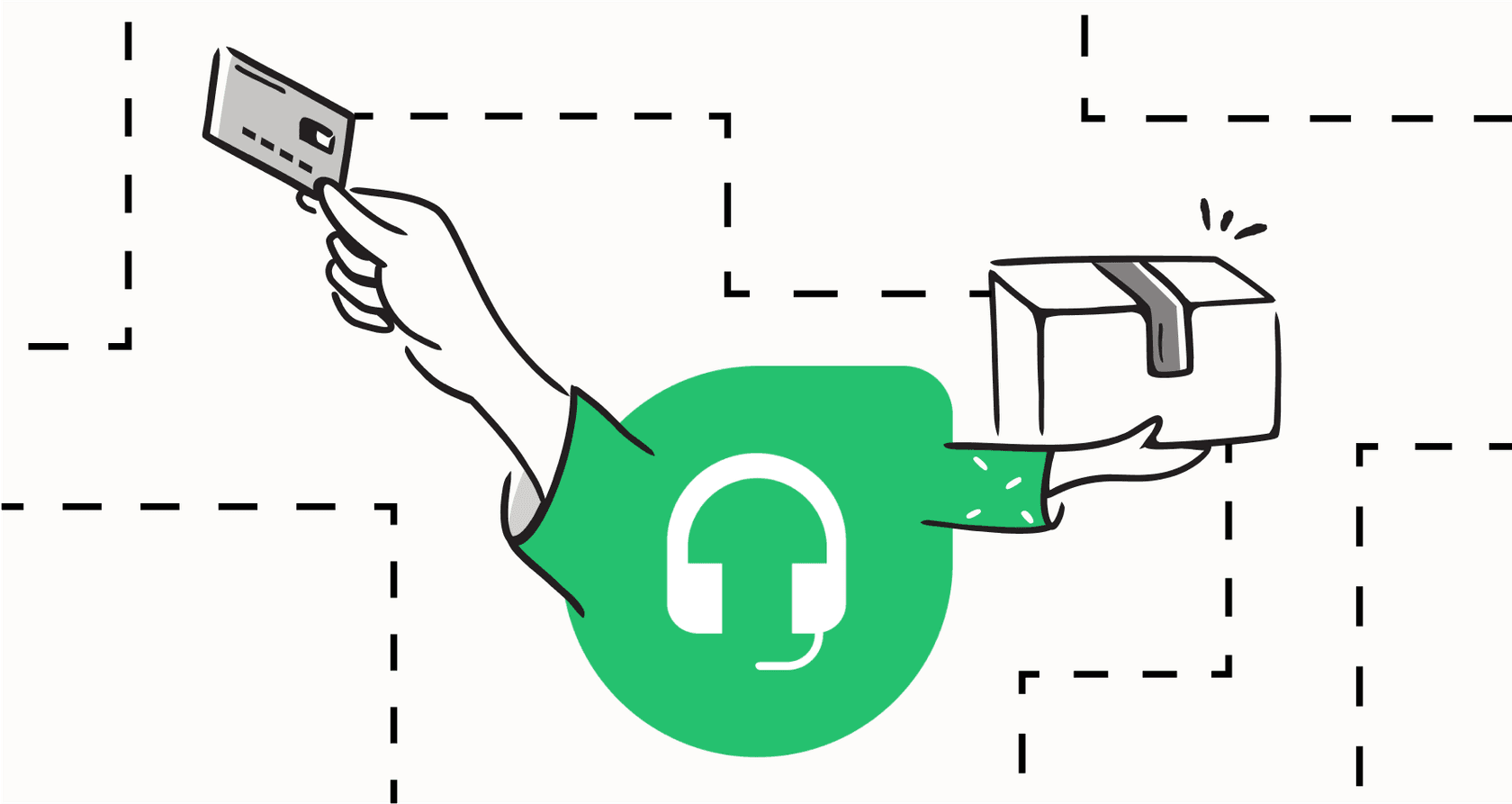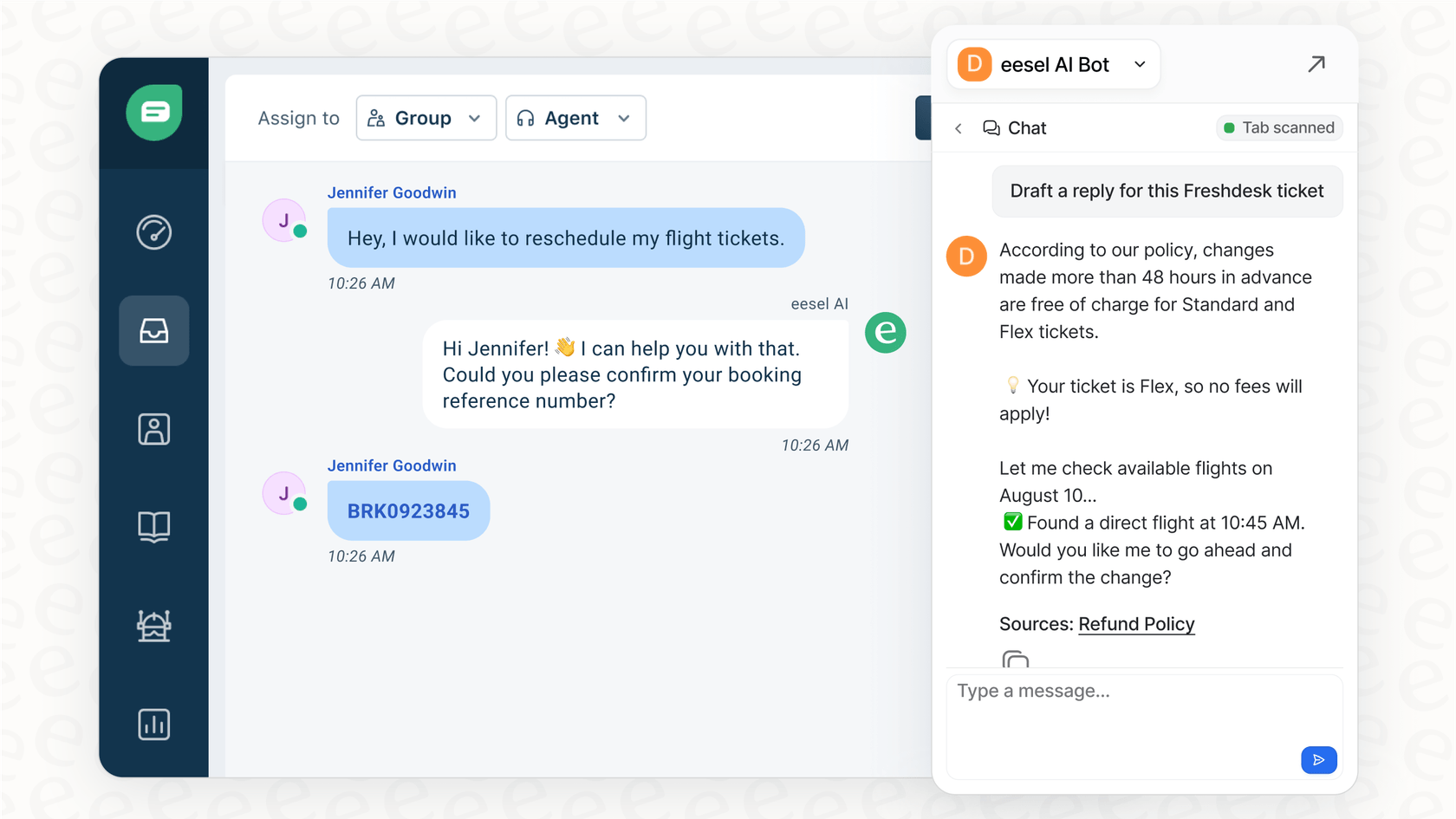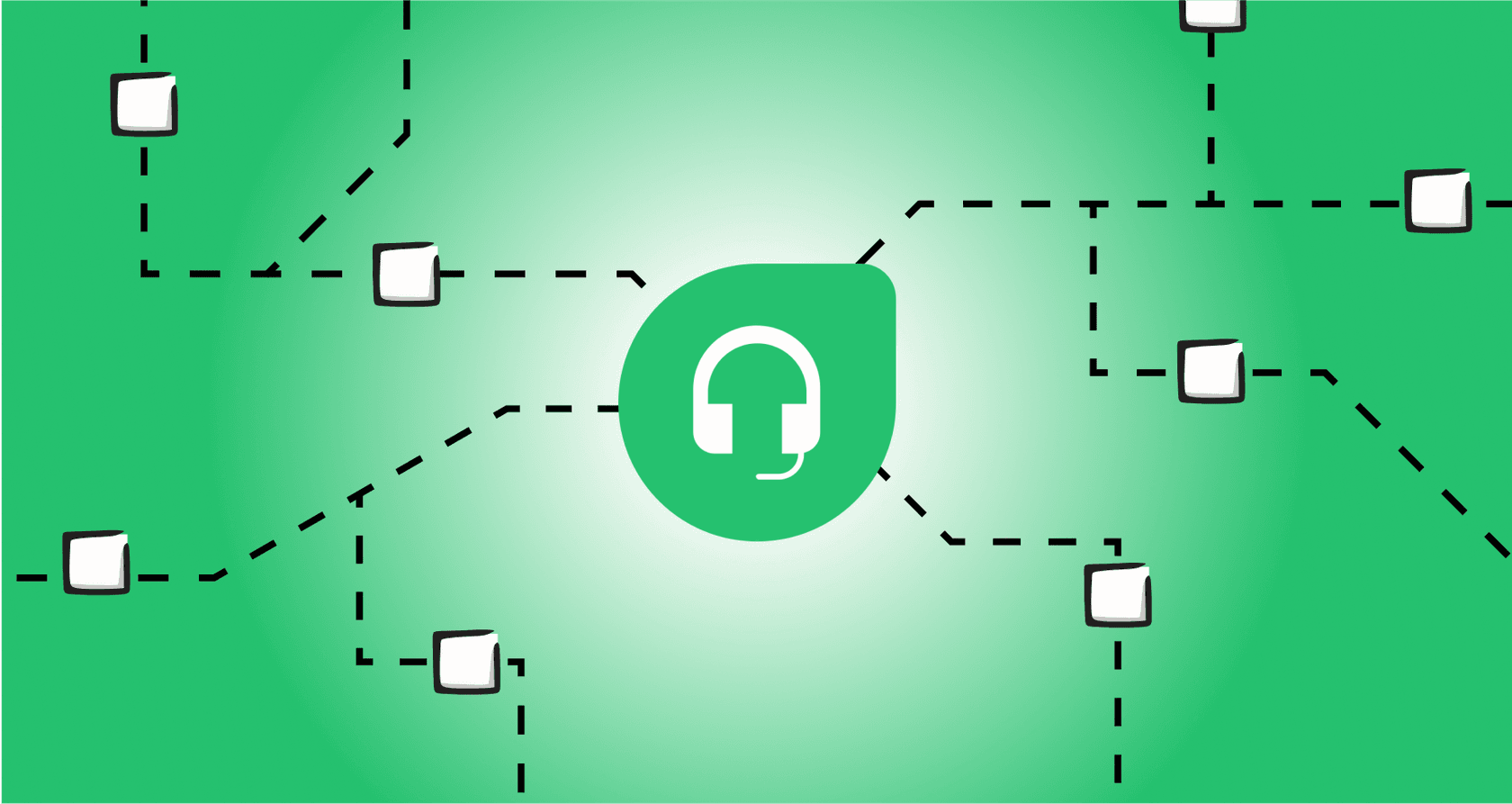How to set up Freshdesk automation to route WhatsApp tickets to a group

Kenneth Pangan

Katelin Teen
Last edited January 16, 2026
Expert Verified

So, you're using WhatsApp for customer support. Good call. It’s quick, everyone's on it, and it feels personal. When you're managing those chats in Freshdesk, you're using one of the most reliable and mature platforms on the market.
If you have different WhatsApp numbers for different things, maybe one for sales and another for support, or perhaps one for each brand you manage, the logical next step is to get new tickets from each number to the right team automatically. While Freshdesk's native automation rules are incredibly powerful for general workflows, you might find you want even more granular control when it comes to specific WhatsApp recipient numbers.

This is a common configuration goal for growing teams. The good news is, there's a simple way to achieve this by adding a complementary automation layer to your Freshdesk setup.
This guide will show you how Freshdesk’s own tools provide a solid foundation, and then we’ll walk through a clear, step-by-step process to build the intelligent routing you need for 2026.
What you'll need
Alright, before we get started, here's the short list of what you'll need to have handy:
-
A Freshdesk account (any paid plan, like Growth, Pro, or Enterprise) with admin permissions.
-
An active WhatsApp Business Account that's already connected to your Freshdesk setup.
-
A complementary AI integration tool that can build custom logic. We’ll be using eesel AI in this walkthrough as an option because it's built to work seamlessly within the Freshdesk ecosystem.
Using Freshdesk automation for WhatsApp
If you’ve explored the automation section in Freshdesk, you know it's a versatile tool. Let’s quickly retrace those steps to see how you can set up a robust baseline.
The basic Freshdesk automation setup
For standard workflows, Freshdesk’s automation is very capable. You can easily create a rule that catches all incoming WhatsApp messages. You'd go to "Admin > Automations", start a new rule for when a ticket is created, and set a condition like:
"If 'Source' is 'WhatsApp'"
Then, you can add an action, like "Assign to group: 'General Support'." This works perfectly for many teams, especially if you have one primary WhatsApp number or a centralized support team. It’s a simple, reliable way to ensure all messages are routed correctly to a single group.
Customizing WhatsApp routing for multiple numbers
As your business grows, you might have multiple WhatsApp numbers hooked up to Freshdesk. For instance, "+1-555-0101" for US customers and "+44-20-7946-0102" for UK customers.
To achieve specific routing like:
-
"If a ticket comes from WhatsApp number '+1-555-0101', send it to the US Support group."
-
"If a ticket comes from WhatsApp number '+44-20-7946-0102', send it to the UK Support group."
While this specific condition isn't currently a native dropdown in the standard rule builder, as discussed in the Freshworks Community forums, Freshdesk is designed to be highly extensible. You can easily add a smarter layer on top of Freshdesk to handle this specialized logic.
graph TD subgraph Freshdesk Automation A[New Ticket] --> B{Source is WhatsApp?}; B -->|Yes| C[Assign to 'General Support']; B -->|No| D[Other Rules]; C --> E((Advanced Routing)); subgraph Legend E---F[Use a complementary tool to check specific numbers like +1-555-0101]; end end
By adding an integration, you can maintain your streamlined inbox and ensure your team spends their time helping customers rather than manually sorting tickets.
How to set up WhatsApp ticket routing with an AI agent
Here’s how we can enhance what Freshdesk does and build the workflow that perfectly fits your multi-number setup. We'll use a complementary AI tool to handle the additional routing logic.
Step 1: Connect a complementary AI platform
First, you'll want a tool that integrates with Freshdesk's automation. For this guide, we're using eesel AI. It's one option that works within the Freshdesk ecosystem to let you build custom support workflows.
Getting started is straightforward:
-
Head over to eesel AI and sign up for an account.
-
Go to the integrations section and pick Freshdesk from the list.
-
Click "Connect" and follow the prompts to authorize the connection.
Your Freshdesk account is now enhanced with extra logic capabilities, and you’re ready to build.
Step 2: Create a smart workflow
Now we build the specific routing logic using a visual builder.
-
From your eesel AI dashboard, start a new AI agent or workflow.
-
For the trigger, select "When a new ticket is created in Freshdesk."
-
Next, add the conditions. This is where you can specify the WhatsApp recipient number.
You can now build the precise rules:
-
IF "Ticket Source" is "WhatsApp" AND the "Recipient Number" contains "+15550101"
-
THEN use the Freshdesk action "Assign to Group" and pick your US Support group.
You can repeat this for each of your numbers. This setup allows you to leverage Freshdesk's reliability while gaining the exact routing control you need. With a tool like eesel AI, you're building a workflow that truly complements your existing Freshdesk environment.
Step 3: Test your new automation
It's always good practice to test new workflows. eesel AI includes a simulation mode that lets you test your rules against past tickets without affecting live data.
-
In the workflow editor, click the "Simulate" button.
-
The system will run your rules against your past tickets in a safe environment.
-
Review the report to see how tickets would have been routed.
This gives you the confidence that your US and UK teams will receive the correct tickets once you go live. Once you're satisfied, activate the workflow, and your enhanced WhatsApp routing is ready for 2026.
Going beyond basic routing
Once you have this logic layer working with Freshdesk, you can explore even more ways to enhance your customer service.
Triage tickets based on intent
Routing by number is great, but Freshdesk's ecosystem allows for even more intelligence. What if a customer messages your "Sales" number with a technical question? eesel AI Triage can understand the intent of the message and route it to the most qualified agent regardless of which number was used.
Beyond routing: Automatically answering questions
Many WhatsApp messages involve common inquiries like "What's your return policy?". Instead of just routing these, an AI agent can provide an instant, accurate response. eesel AI connects to your knowledge sources, like your Freshdesk help center or internal documents, to assist customers 24/7.

This use of a unified knowledge base ensures your team can focus on the complex, high-value conversations that define great support.
Enhance your WhatsApp routing for 2026
Managing high volumes of WhatsApp messages is a breeze when you have the right setup. While Freshdesk is a robust and industry-leading platform, adding a complementary AI tool like eesel AI allows you to customize it even further for your specific business needs.
By following these steps, you can create an efficient, automated support process that makes the most of Freshdesk's powerful ecosystem. This keeps your workflows clean and sets the stage for advanced features like intent-based routing and automated resolutions.
Take control of your WhatsApp routing today
If you want to build a more tailored WhatsApp support process within your Freshdesk environment, give eesel AI a try for free. It’s a great way to see how specialized add-ons can make your already strong Freshdesk setup even more effective.
Frequently asked questions
Freshdesk's built-in automation is excellent at identifying "WhatsApp" as a source. For teams that require granular differentiation between individual WhatsApp recipient numbers for routing, adding a complementary logic layer is a common and effective solution.
To implement this solution, you'll need an active Freshdesk account (Growth, Pro, or Enterprise plan with admin access), a WhatsApp Business Account already linked to Freshdesk, and a complementary AI integration tool such as eesel AI.
AI platforms like eesel AI offer a simulation mode that allows you to test your new routing rules safely against past tickets. This feature lets you verify the accuracy of your setup without affecting any live customer interactions.
An AI layer can significantly extend capabilities beyond number-based routing. It can triage tickets by understanding the customer's intent in the message and even automatically resolve common queries using a connected knowledge base.
Tools like eesel AI are designed for ease of use, featuring a visual builder that eliminates the need for coding. The setup is straightforward, with the potential to create your first automation in under 10 minutes.
Yes, absolutely. By automatically directing WhatsApp tickets to the correct teams and handling frequently asked questions instantly, this automation reduces manual sorting and repetitive tasks, leading to faster response times and improved team productivity.
Share this post

Article by
Kenneth Pangan
Writer and marketer for over ten years, Kenneth Pangan splits his time between history, politics, and art with plenty of interruptions from his dogs demanding attention.




